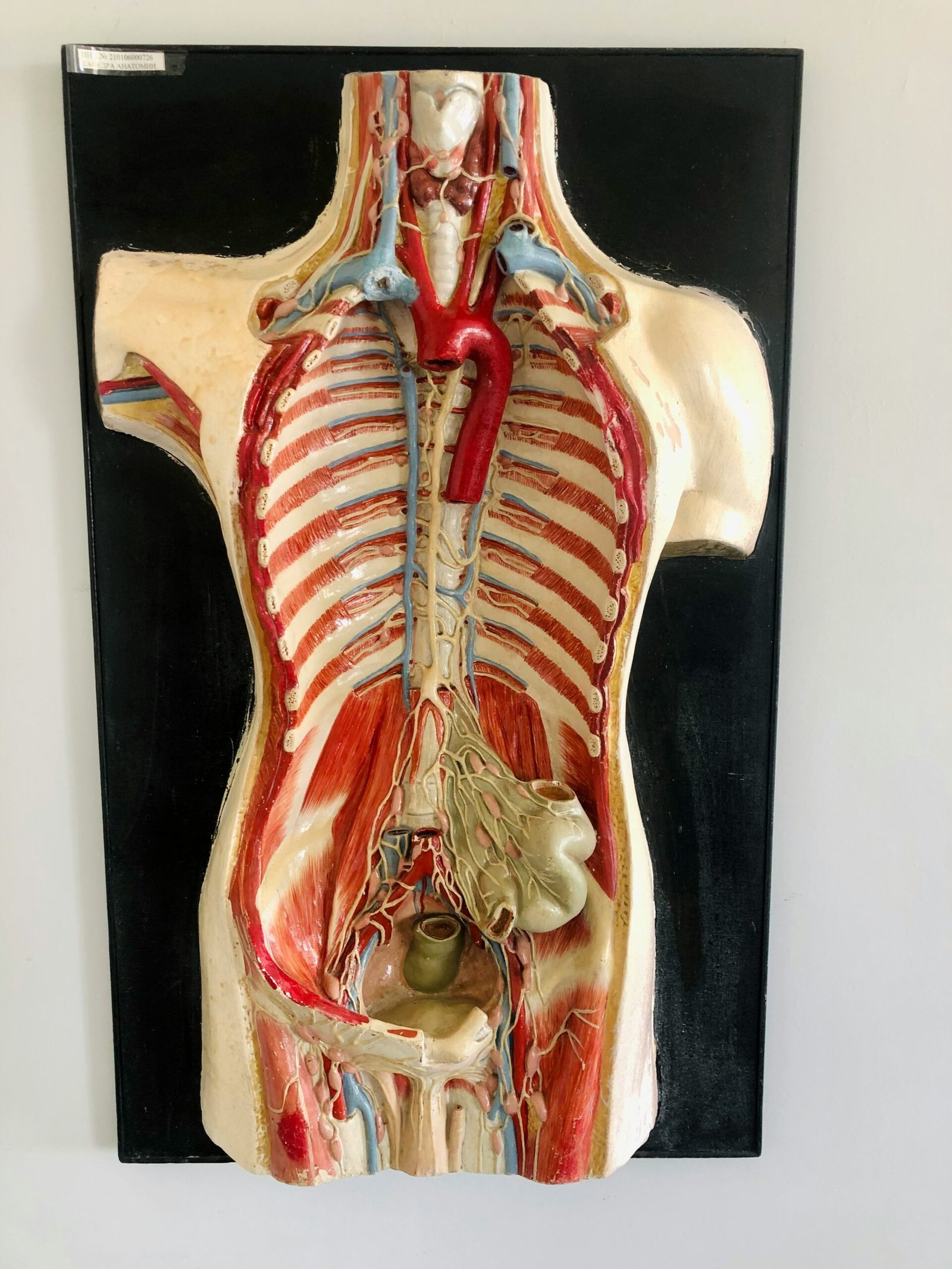Importance of Establishing Healthy Habits Early
Establishing healthy habits in children from a young age is crucial for ensuring their long-term well-being. Early adoption of positive health behaviors has a profound impact on their future lives, encompassing physical, mental, and academic aspects. Introducing habits such as balanced nutrition, regular physical activity, and adequate sleep can significantly reduce the risk of chronic diseases like obesity, type 2 diabetes, and cardiovascular conditions.
The benefits of early healthy habits extend beyond physical health. For instance, maintaining a balanced diet and engaging in regular exercise are associated with better mental health outcomes. Studies indicate that children who follow healthy routines exhibit lower levels of anxiety and depression and demonstrate higher self-esteem compared to their peers. Moreover, mental health improvement from these habits can translate into better stress management and emotional resilience in adulthood.
Academic performance is another area positively influenced by healthy habits. According to research, children who have regular sleeping patterns, nutritious diets, and sufficient physical activity tend to achieve higher academic performance. These habits enhance cognitive functions, such as memory, attention, and critical thinking skills, which are essential for educational success.
Healthy habits formed during childhood often persist into adulthood, shaping how individuals approach their health and well-being throughout their lives. Early instillation of these habits fosters a sense of responsibility and awareness regarding personal health, leading to a healthier population overall. An example is a study from the American Journal of Public Health, which found that adults who maintained healthy childhood habits were more likely to engage in regular physical activity, avoid smoking, and consume nutritious diets.
In conclusion, the importance of establishing healthy habits early in life cannot be overstated. By instilling these practices in children, we lay a foundation for their future health and success, ensuring they grow up to be healthy, resilient, and capable individuals.
Nutrition: Building a Balanced Diet
Ensuring children develop healthy eating habits is fundamental to their overall well-being and growth. A balanced diet for kids is essential as it provides the necessary nutrients needed for physical and cognitive development. The foundation of a balanced diet includes a variety of fruits, vegetables, whole grains, and lean proteins.
Fruits and vegetables should be a primary component of children’s meals. These foods are rich in vitamins, minerals, and fibers, which are vital for healthy growth and disease prevention. To make these foods more appealing, parents can involve children in the selection and preparation process, mix them into favorite dishes, or present them in fun shapes and colors.
Whole grains like brown rice, oats, and whole wheat bread are also crucial. They provide the energy kids need to stay active throughout the day and are a good source of fiber, promoting healthy digestion. Substituting refined grains with whole grains can be a simple yet effective change to boost children’s nutritional intake.
Lean proteins, including poultry, fish, beans, and nuts, are essential for muscle development and repair. Aim for a variety of protein sources to ensure a balanced intake of amino acids. Incorporate proteins into meals through creative recipes or snack options that appeal to children’s tastes.
Portion control is another critical aspect of a balanced diet. Understanding and managing portion sizes helps prevent overeating and promotes a healthy relationship with food. Regular meal times establish a routine that can aid in better digestion and nutrient absorption. Create a structured eating schedule that includes three main meals and two healthy snacks daily.
Making healthy eating enjoyable for kids involves creativity and consistency. Experiment with colorful plates, diverse textures, and flavors to keep meals interesting. It is also important to limit the intake of sugary snacks and drinks, as they can lead to various health issues, such as obesity and dental problems. Encourage the consumption of water and milk instead of sugary sodas and juices.
Physical Activity: Encouraging an Active Lifestyle
Encouraging children to adopt an active lifestyle is a cornerstone of fostering long-term healthy habits. According to established guidelines, children aged 3-5 should engage in a variety of physical activities throughout the day. For older children and teens, the recommendation is at least 60 minutes of moderate to vigorous physical activity daily. This can include sports, organized playground activities, and family-oriented physical undertakings.
Integrating physical activity into daily routines can be both straightforward and enjoyable. For example, enrolling children in sports teams or classes not only promotes physical health but also fosters teamwork and discipline. Regular trips to the playground provide a natural setting for kids to run, jump, and climb. Moreover, family activities such as hiking, bike riding, or even walking the dog can be excellent ways to incorporate exercise into everyday life.
The benefits of physical activity for children are manifold. Physically active children generally have better cardiovascular health, muscle strength, and flexibility. Furthermore, engaging in regular physical activity has been linked to improved mood and reduced symptoms of anxiety and depression. Socially, children who participate in group sports or community activities develop friendships and social skills that are vital for their overall development.
Despite the clear advantages, some children may be reluctant to engage in physical activity. Motivating them can often be achieved by making the activities fun and varied. Allowing children to choose the activities they enjoy, setting achievable goals, and providing positive reinforcement can be effective strategies. Parents can also serve as role models by leading an active lifestyle themselves, thereby encouraging their children to follow suit.
Fostering an appreciation for physical activity from a young age sets the stage for lifelong healthy habits. By integrating exercise into daily routines and emphasizing the enjoyable aspects, parents can ensure their children not only meet recommended activity levels but also sustain a zest for an active lifestyle.
Mental and Emotional Well-being
Mental and emotional health plays a pivotal role in a child’s overall well-being and development. Instilling healthy habits early on can lay the groundwork for a positive mental and emotional landscape. One of the cornerstone habits is ensuring adequate sleep, as it not only supports physical health but also improves mood, cognitive performance, and emotional regulation. A consistent sleep schedule and a calming bedtime routine can significantly contribute to better sleep hygiene for children.
Mindfulness is another powerful tool that can help children navigate their emotional worlds. Simple mindfulness exercises, such as deep breathing or guided imagery, can help young minds manage stress and anxiety. Introducing mindfulness practices into daily routines can enhance their ability to stay present, maintain focus, and develop resilience in the face of challenges.
Open communication is integral to fostering emotional well-being. Encouraging children to express their feelings and thoughts in a safe and supportive environment helps them develop a positive self-image and strong coping mechanisms. Parents can facilitate this by actively listening to their children, validating their emotions, and helping them articulate their experiences.
Parents play a crucial role in modeling good mental health practices. Demonstrating healthy ways of handling stress, engaging in regular self-care, and maintaining a balanced lifestyle can have a profound impact on a child’s emotional well-being. Family activities that promote emotional connection, such as shared meals and outdoor adventures, also contribute to a nurturing home environment.
Building resilience in children is essential for their long-term emotional health. Encouraging problem-solving skills, fostering supportive relationships, and instilling a growth mindset can help children adapt and thrive, even in the face of adversity. By creating a supportive home environment and integrating these healthy habits into daily life, parents can significantly boost their child’s mental and emotional well-being.



